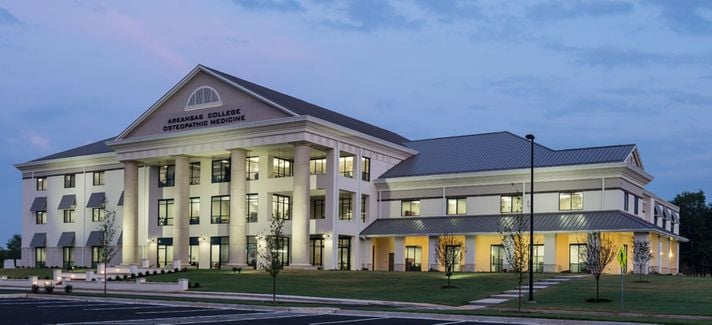1st year DO student.
I was well aware that DO students are at a disadvantage but I did not realize how profound the stigma against DO was in competitive IM residencies and fellowship.
I've seen post where DO students scored 240-260 USMLE Step1, but still had trouble matching into MD residencies, hence made attaining desired fellowship even more difficult. These students are scoring crazy board scores, even more competitive than their MD counterparts.
I know talking about it here won't change the fact, but I'd like to know why that is?
Is it simply traditional bias?
If DO docs are in a program, does the program look less attractive, less intelligent, to the eyes of the public and even future applicants?
(who knows what the merger will do; hopefully it will add some sense to selective ACGME programs)
I was well aware that DO students are at a disadvantage but I did not realize how profound the stigma against DO was in competitive IM residencies and fellowship.
I've seen post where DO students scored 240-260 USMLE Step1, but still had trouble matching into MD residencies, hence made attaining desired fellowship even more difficult. These students are scoring crazy board scores, even more competitive than their MD counterparts.
I know talking about it here won't change the fact, but I'd like to know why that is?
Is it simply traditional bias?
If DO docs are in a program, does the program look less attractive, less intelligent, to the eyes of the public and even future applicants?
(who knows what the merger will do; hopefully it will add some sense to selective ACGME programs)

